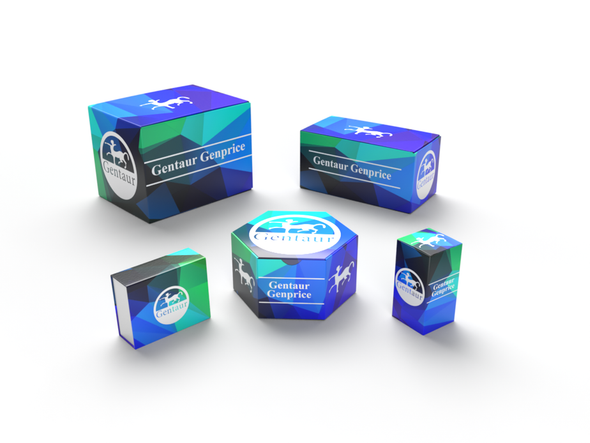BW
Actin (E361) polyclonal Antibody | BS1002
- SKU:
- BW-BS1002
- Availability:
- Usually ships in 5 working days
Description
Actin (E361) polyclonal Antibody | BS1002 | Gentaur UK, US & Europe Distribution
Host: Rabbit
Reactivity: Human,Mouse,Rat
Application: WB IHC
Application Range: WB: 1:500~1:1000 IHC: 1:50~1:200
Background: All eukaryotic cells express Actin, which often constitutes as much as 50% of total cellular protein. Actin filaments can form both stable and labile structures and are crucial components of microvilli and the contractile apparatus of muscle cells. While lower eukaryotes, such as yeast, have only one Actin gene, higher eukaryotes have several isoforms encoded by a family of genes. At least six types of Actin are present in mammalian tissues and fall into three classes. Alpha Actin expression is limited to various types of muscle, whereas beta and gamma are the principle constituents of filaments in other tissues. Members of the small GTPase family regulate the organization of the Actin cytoskeleton. Rho controls the assembly of Actin stress fibers and focal adhesion, Rac regulates Actin filament accumulation at the plasma membrane and Cdc42 stimulates formation of filopodia.
Storage & Stability: Store at 4°C short term. Aliquot and store at -20°C long term. Avoid freeze-thaw cycles.
Specificity: Actin (E361) polyclonal Antibody detects endogenous levels of Actin protein.
Molecular Weight: ~ 45 kDa
Note: For research use only, not for use in diagnostic procedure.
Alternative Names: ACTB; Beta-actin; Actin; cytoplasmic 1; β-actin; β actin; βactin; actin-β; actin β, POTEKP, Kappa-actin, ACTBL3, Gamma-actin, ACTG1, ACTG
Immunogen: Synthetic peptide, corresponding to amino acids C-terminus of Human Actin.
Conjugate: Unconjugated
Modification: Unmodification
Purification & Purity: The Antibody was affinity-purified from rabbit antiserum by affinity-chromatography using epitope-specific immunogen and the purity is > 95% (by SDS-PAGE) .
Pathway: Regulation of Actin Dynamics,






